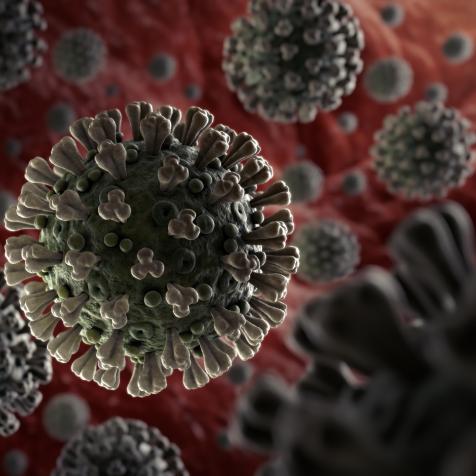
Shutterstock
What Would Happen If the Sun Disappeared?
You might be able to survive for a bit longer than you think.
If the sun suddenly blinked out of existence, you'd have nothing to worry about — for the first eight minutes, anyway. After that, all hell would likely break loose. Still, it wouldn't be the instantaneous end to life on Earth that you might think.
When the Lights Go Down
Light takes roughly eight minutes to reach Earth from the sun. For that reason, if the sun disappeared, we'd still see it in the sky for another eight minutes. But what about gravity? The sun is the anchor point of the solar system — at 333,000 times the mass of Earth, it exerts a hefty pull that keeps the planets locked in their orbits. If all that gravitational force disappeared, it would still take us eight minutes to feel it. That's because, according to Einstein's theory of relativity, gravity travels at the same speed as light. So go ahead, watch the rest of that Netflix episode. You'll be golden for another eight minutes.
Chaos Creeps in Slowly
After that, though, Earth still wouldn't be snuffed out. Electricity would still work, and it would still take up to an hour for the light from our planets to be reflected back to Earth, so there would be a peaceful glow in the sky. With no sunlight, photosynthesis would stop, but that would only kill some of the plants—there are some larger trees that can survive for decades without it.
Within a few days, however, the temperatures would begin to drop, and any humans left on the planet's surface would die soon after. Within two months, the ocean's surface would freeze over, but it would take another thousand years for our seas to freeze solid. By then, however, the atmosphere would collapse, radiation would seep in, and Earth would be an inhospitable wasteland drifting aimlessly through space. Lucky for you, the sun is showing no signs of disappearing any time soon.
This article first appeared on Curiosity.com.


















